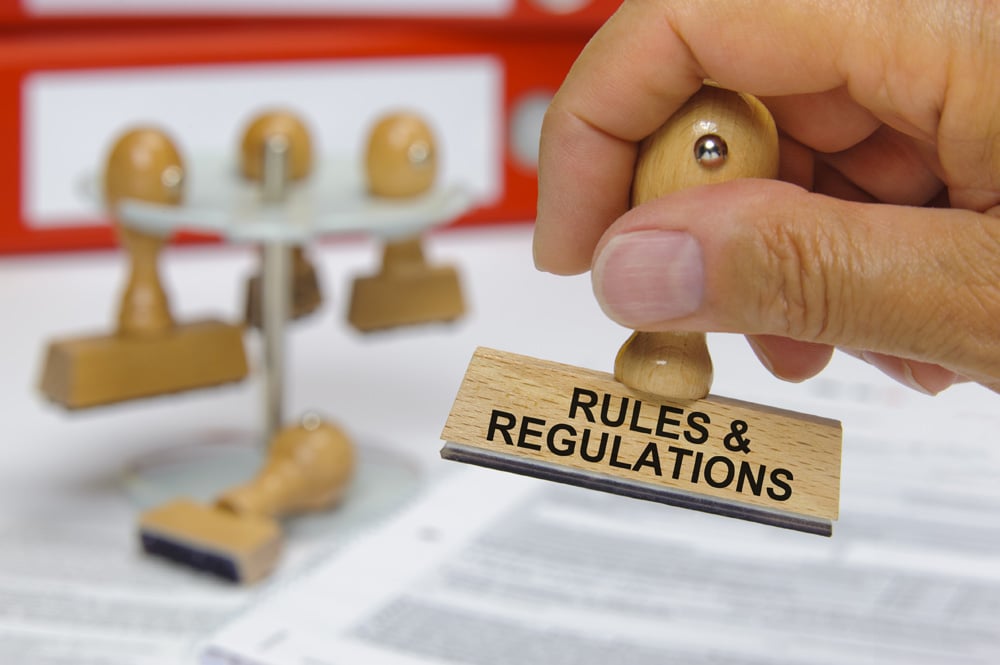How Should We Regulate Bitcoin?

 Wences Casares , founder of Argentina’s first Internet service provider, has moved into the Bitcoin market by founding wallet provider Xapo . He recently shared his views on Bitcoin regulation with the Big Think knowledge forum.
Wences Casares , founder of Argentina’s first Internet service provider, has moved into the Bitcoin market by founding wallet provider Xapo . He recently shared his views on Bitcoin regulation with the Big Think knowledge forum.
Integrate Bitcoin into Existing Regulatory Efforts
Casares offers a simple, straightforward approach. While cryptocoins are brand new, he argues that every aspect of Bitcoin shares some of the characteristics of cash, gold, or of foreign currency. Rather than starting from scratch, we should simply review the laws for the three well-understood currencies and craft policy that will integrate Bitcoin into existing regulatory efforts.
Like gold, Bitcoin will be a transnational means of exchanging value, rather than a replacement for a nation state’s fiat currency. The decentralized and portable nature of cryptocoins makes banning them impossible, so policy makers should be guided by early adopters into a quick, functional regulatory regime.
There are a few problems that always rise to the top in any Bitcoin policy discussion:
- Consumer Protection – what do you do with irreversible transactions and transnational entities?
- Money Laundering – any significant holdings will have to be more transparent than the average user’s wallet is.
- Criminal Activity – this means the sale of drugs, weapons, stolen data, and is a distinct issue from money laundering, which might arise due to completely offline activities.
Casares gave a much longer talk at #Bitcoin2014 on how we get to a billion Bitcoin users. This is just one of many videos in which he appears.
Being both a native of the region and having nation sized Internet operations experience as Casares does, he is a good barometer for what will and will not work in South America.
Images from Xapo and Shutterstock.